HDPE pipe is a type of flexible plastic pipe used for the transfer of liquid, fluid and gas. HDPE means High Density Polyethylene. HDPE pipes are usually used for the transfer of water for industrial and domestic purposes.
HDPE pipes can also be used for agricultural irrigation purposes. HDPE pipes are also known to be used in the oil and gas industry for the supply of liquid petroleum products and gases.
The HDPE pipes we stock are manufactured by HDPE pipes producers in Nigeria. We also stock HDPE pipes and HDPE fittings imported from Asia and Europe.

Features of HDPE Pipes
The following are the features of our HDPE pipes:
HDPE pipes are made by the polymerization of ethylene.
Stabilizers, fillers, plasticizers, softeners, lubricants, colorants, flame retardants, blowing agents, crosslinking agents and ultraviolet degradable additives are some of the additives used for the production of HDPE pipes.
The HDPE pipes come in various diameters, length and sizes.
Most HDPE pipes are black in colour.
HDPE pipes are UV resistant because of the addition of 3%-5% carbon black.
HDPE Pipe Fittings
The following are some HDPE pipe fittings:
HDPE Pipe Bends
HDPE Elbows
HDPE Reducers
HDPE Branches
HDPE End caps
Electrofusion couplers
Mechanical connection fittings
Traps
Sanitary fittings
Spare parts
Advantages of HDPE Pipes
The following are the advantages of HDPE pipes:
HDPE pipes are affordable and quite cost-effective.
HDPE pipes have better flow rate than most PVC pipes and hoses because of the smooth surface.
HDPE pipes can work under a wide temperature range.
HDPE pipes do not leach chemicals into the soil or the liquid flowing through it.
Easy transportation due to low-weight
HDPE pipes are UV resistant.
HDPE pipes cannot corrode even when chemicals are passed through them.
HDPE pipes have low maintenance cost as compared to other types of pipes
The installation cost of HDPE pipes is low.
The maintenance cost of HDPE pipes is also low.
HDPE pipes are resistant to the effects of the sun.
HDPE pipes can be easily joined together.
Disadvantages of HDPE Pipes
The disadvantages of HDPE pipes are:
They are highly flammable.
They are costlier than flexible hoses.
Uses of HDPE Pipes
The following are the uses of HDPE pipes:
HDPE pipes can be used for the supply of water for domestic and industrial applications.
HDPE pipes can be used for irrigation systems like drip irrigation and sprinkler irrigation systems.
HDPE pipes can be used to transfer chemicals.
HDPE pipes can be used for the transfer of sewage.
HDPE pipes can be used for gas supply networks.
HDPE pipes can be used for flood management.
HDPE pipes can be used for drainage.
HDPE pipes can be used as telecommunication cables and fiber optics
HDPE pipes can be used to cover Power Cables
HDPE pipes can be used to cover metal pipes
HDPE pipes can be used as ventilation ducts.
Types of HDPE pipes
The flowing are the types of HDPE pipes as categorized under pressure grades (PN grades):
PN 2.5 (Maximum Pressure of 2.5 bar)
PN 4 (Maximum Pressure of 4 bar)
PN 6 (Maximum Pressure of 6 bar)
PN 10 (Maximum Pressure of 10 bar)
PN 12 (Maximum Pressure of 12 bar)
PN 14 (Maximum Pressure of 14 bar)
PN 16 (Maximum Pressure of 16 bar)
PN 20 (Maximum Pressure of 20 bar)
PN 25 (Maximum Pressure of 25 bar)
Buy our HDPE pipe by calling us on 08066437109 or send an email to sales@allschoolabs.ng.
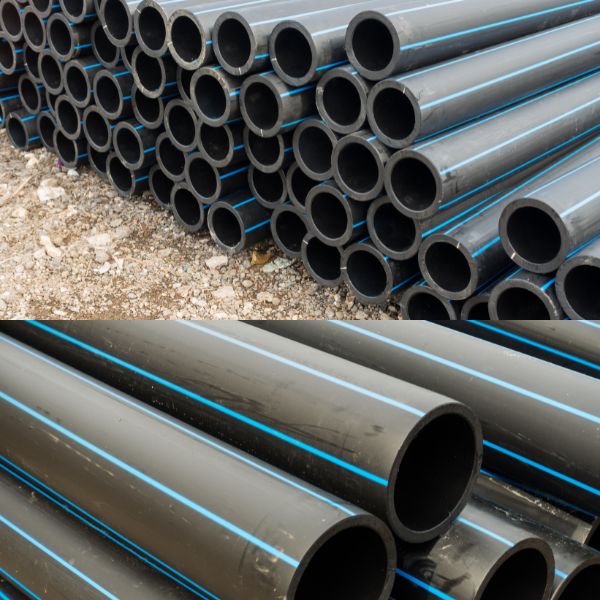

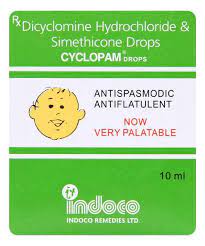
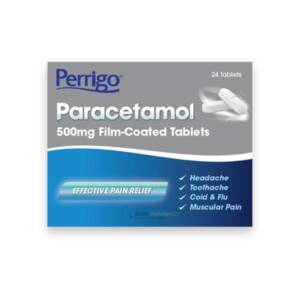

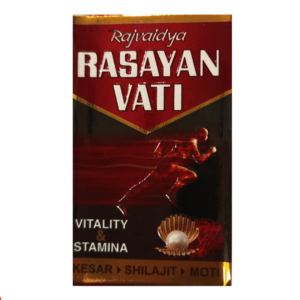

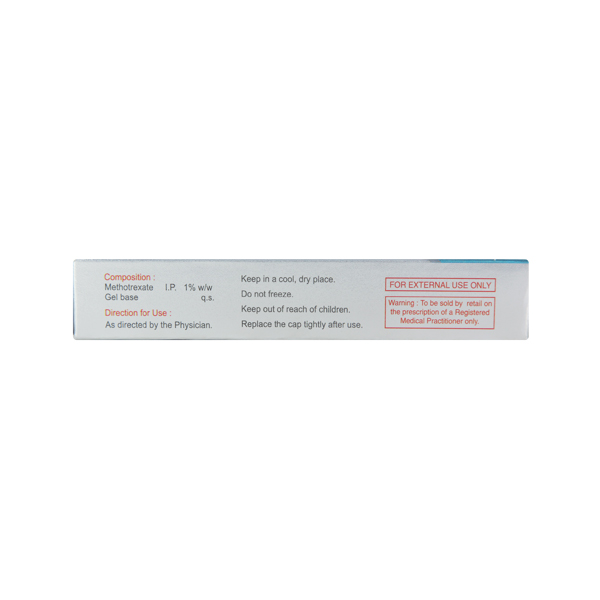

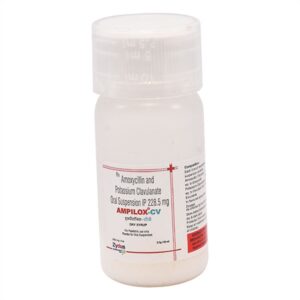
 No products in the cart.
No products in the cart. 
Reviews
There are no reviews yet.